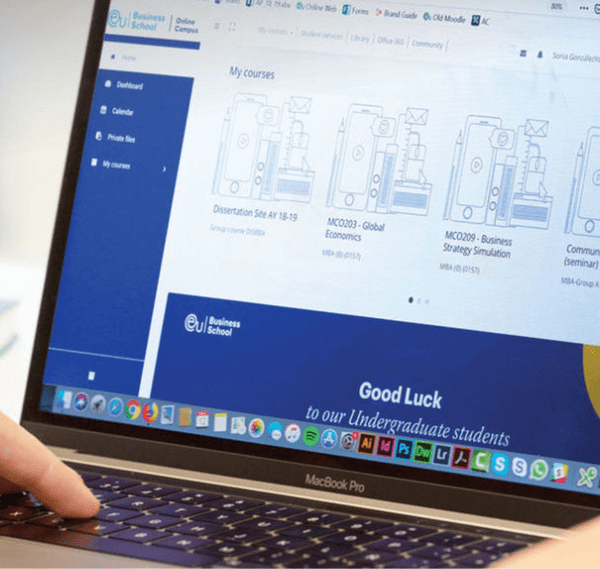It is time to shift the focus of leadership studies from Millennials to Generation Z, particularly those who are joining the workforce today. This generation inhabits a world where change is occurring at a rapid pace; it is imperative for leaders to focus on these uncertainties and provide meaning, clarity, and direction.
Generational differences affect all aspects of organizational behavior and leadership, from organizational culture to employee motivation and performance. Sooner rather than later, Gen Z will replace the baby boomers and Generation X in the workforce and will become the majority. Managers need to adjust their leadership style to the characteristics of this generation now in order to assure future business success.
To succeed in leading Gen Z teams, it is important to understand the driving factors and values of these teams, and the context in which they have developed their values.
Embrace Technology and Build Trust
Generation Z is the first generation born into the world of technology. Understanding this characteristic is a key factor for being a successful business leader today. Rapid technological shifts mean that technology plays an intrinsic role in all aspects of life and work for Gen Z.
Leaders need to embrace this trend and leverage the technological fluency of Gen Z. Communication tools and new ways of interaction, including instant messaging and collaborative platforms, form part of the work routines of Millennials. However, although these are essential tools for managing Gen Z they are no longer enough to lead and develop teams.
Recent studies highlight Gen Z’s preference for a face-to-face communication style with authority figures. Research conducted by Robert Half reveals a preference for face-to-face communications at work, and for collaborating with a small group as opposed to working autonomously or off-site.
Gen Z employees are looking for an individual and complete connection and feedback from their leaders. A study carried out by Randstad shows the importance Gen Z gives to mentorship, highlighting it as the best way to interact with them in the workplace.
Leading Gen Z teams requires managers to be at ease with the latest technology as much as with developing direct connections with individuals to establish trust. With Gen Z entering the workforce, the relationships between manager and employee will be more important than ever.
Provide an Opportunity to Grow and Change to Make an Impact
Gen Z employees are ambitious and driven and, as research shows, expect to be promoted fast. To successfully lead Gen Z teams, managers should develop an environment that encourages personal and professional growth as a foundation for promotion. Gen Z is interested in continuous development, education and is willing to follow training programs and attend coaching sessions. Promoting a culture of lifelong learning can assist leaders in building meaningful connections with their teams.

Although most of Gen Z are still in their teens, they are perceived as a generation willing to make an impact – the generation that acts from early on. Everyone is familiar with the work of Greta Thunberg who, at sixteen, is already leading change and inspiring youth with her call for action.
Gen Z employees are looking to be inspired by their leaders and follow managers who are interested in improving the world. Contribution to society, sustainability causes, education, etc., are crucial motivational factors for Gen Z teams. Only businesses with positive social impact will be able to leverage skills of Gen Z employees successfully.
Catch Up With Their Speed
In an age of access, digital fluency and the desire to make an impact make Gen Z impatient, they expect things to happen instantly. To meet these expectations, leaders must adapt their decision-making processes and provide information at a faster pace. Mangers must be ready to process data at the same speed as Gen Z employees and provide answers in real time.
Forward-thinking leaders must understand and appreciate the generational differences, and the need for a different style of leadership when working with Gen Z. To keep their teams motivated, leaders, now and in the future, must be instantly available and technologically savvy. They need to show commitment to their employees’ development and be engaged in the race for making a difference in the world.
Gen Z is challenging leaders to develop an authentic business culture of recognition and social involvement that works at the cutting edge of technological development.
For more information about EU Business School click here.









